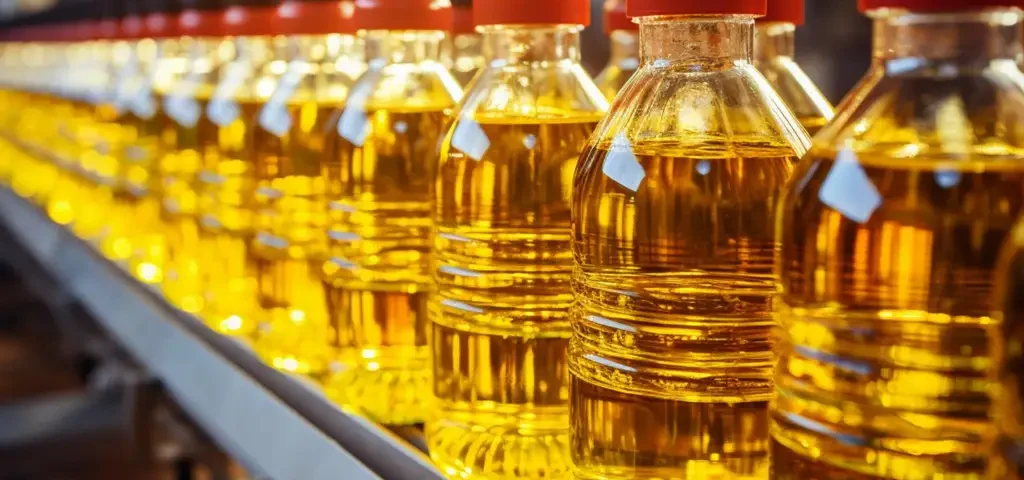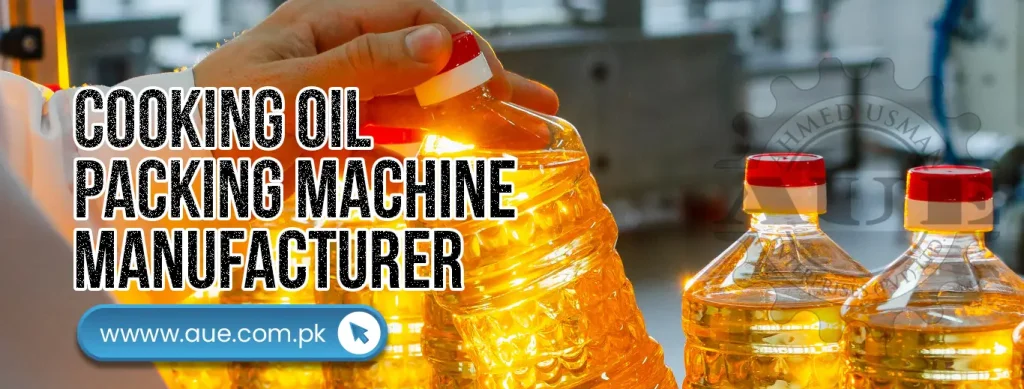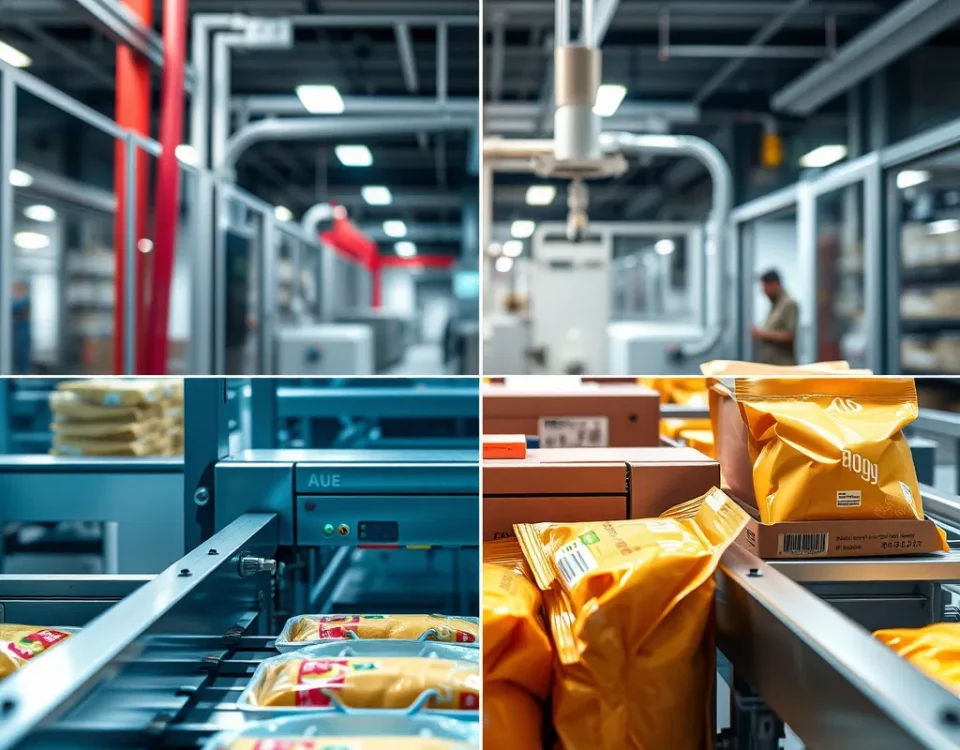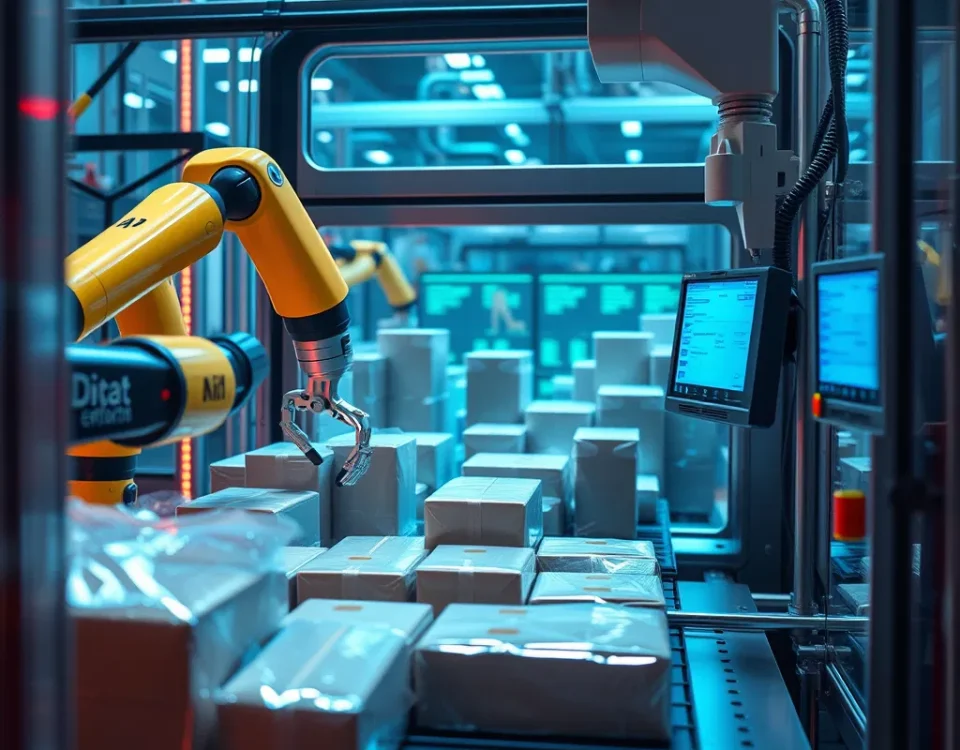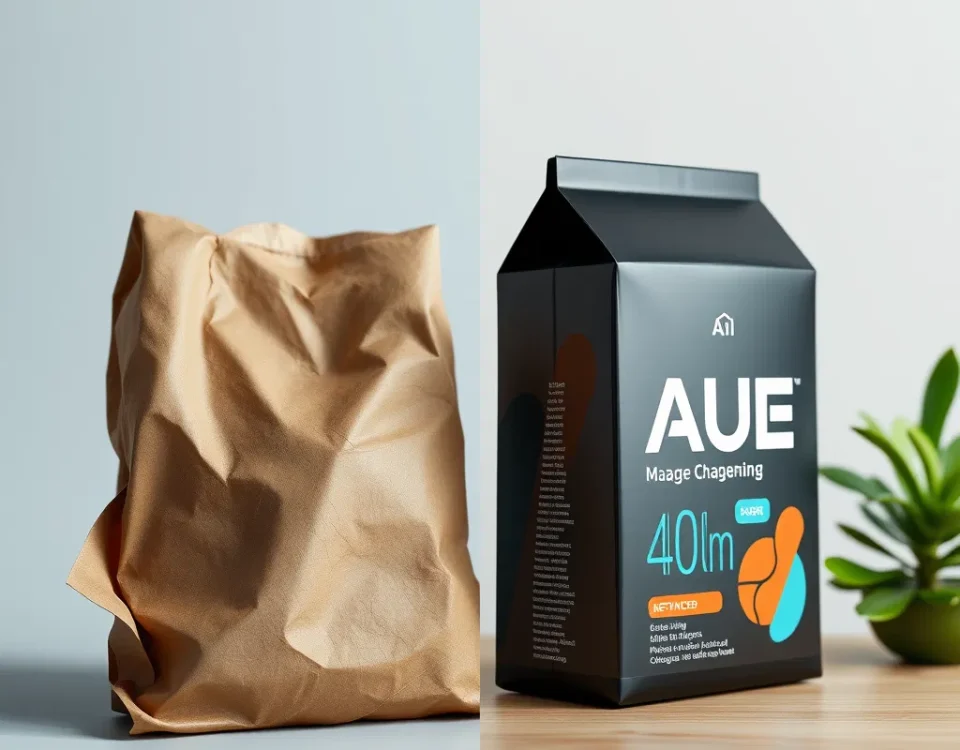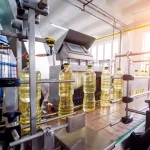
How to Buy an Oil Packing Machine in Pakistan: A Comprehensive Guide
April 26, 2024
The Ultimate Guide to Buying Liquid Packing Machines for Your Business
May 18, 2024Oil Packing Machines: Driving Efficiency in Pakistan’s Packaging Industry
In the ever-evolving landscape of Pakistan’s industrial sector, the need for efficient and reliable packaging solutions has become paramount. With the rising demand for edible oils, lubricants, and other liquid products, the packaging industry has witnessed a surge in the adoption of advanced oil-packing machines. These state-of-the-art systems are revolutionizing the way businesses operate, offering unparalleled efficiency, accuracy, and cost-effectiveness.
The Essence of Automation
At the heart of modern oil packing machines lies cutting-edge automation technology. These machines are designed to streamline the entire packaging process, minimizing human intervention and reducing the risk of errors. From filling and capping to labeling and sealing, every step is meticulously controlled by advanced programmable logic controllers (PLCs) and sophisticated sensor systems.
The integration of automation not only enhances productivity but also ensures consistent quality control. With precise measurements and accurate filling, these machines eliminate the potential for overfilling or underfilling, resulting in reduced waste and increased cost savings.
Versatility to Cater to Diverse Needs
One of the key advantages of oil packing machines is their versatility. Manufacturers in Pakistan offer a wide range of solutions tailored to meet the specific requirements of various industries. Whether it’s packaging edible oils, lubricants, chemicals, or specialty liquids, these machines are designed to handle a variety of container sizes and materials with ease.
From small-scale operations to large-scale production facilities, oil packing machines are available in various configurations and capacities. This flexibility allows businesses to scale their operations seamlessly, adapting to changing market demands and production volumes.
Innovative Features for Enhanced Efficiency
Modern oil-packing machines are equipped with a host of innovative features that elevate their performance and functionality. Some of the notable features include:
- High-speed filling: Advanced machines are capable of filling and capping containers at remarkable speeds, significantly increasing production output and reducing bottlenecks.
- Automatic cap sorting and placement: Integrated cap sorting and placement systems ensure accurate and efficient capping, eliminating the need for manual intervention and potential errors.
- Touchscreen controls: User-friendly touchscreen interfaces enable intuitive operation, allowing for easy setup, monitoring, and adjustments during the packaging process.
- Cleanroom compatibility: Certain oil packing machines are designed to meet stringent cleanroom standards, ensuring hygienic conditions for packaging sensitive products like edible oils.
- Data tracking and reporting: Built-in data tracking and reporting capabilities provide valuable insights into production metrics, enabling businesses to optimize their processes and make informed decisions.
Embracing Sustainability and Eco-Friendliness
In an era where environmental consciousness is paramount, oil-packing machine manufacturers in Pakistan are taking proactive steps to incorporate sustainable practices into their designs. Many machines now feature energy-efficient components and eco-friendly materials, reducing their carbon footprint and promoting responsible manufacturing practices.
Additionally, the precision and accuracy of these machines contribute to minimizing waste, further aligning with the principles of sustainability and resource conservation.
Frequently Asked Questions (FAQs)
- What industries can benefit from oil-packing machines? Oil packing machines are widely utilized in industries dealing with edible oils, lubricants, chemicals, pharmaceuticals, and various other liquid products.
- Can oil-packing machines handle different container sizes and materials? Yes, modern oil packing machines are designed to accommodate a range of container sizes and materials, including glass bottles, plastic bottles, cans, and pouches.
- How does automation improve efficiency in oil packing machines? Automation enhances efficiency by minimizing human intervention, reducing errors, and streamlining the entire packaging process, leading to increased productivity and consistent quality control.
- Do oil packing machines require specialized training for operation? Most oil-packing machines feature user-friendly interfaces and intuitive controls, but proper training is recommended to ensure optimal operation and maintenance.
- Can oil-packing machines be integrated with other production lines or systems? Yes, many oil packing machines are designed to seamlessly integrate with existing production lines, conveyor systems, and other automated processes for a cohesive and efficient workflow.
- How do oil packing machines contribute to cost savings? Oil-packing machines reduce costs by minimizing waste, increasing production output, and ensuring accurate filling and capping, which leads to fewer product losses and better resource utilization.
- Are oil packing machines suitable for small-scale operations? Yes, manufacturers offer oil packing machines in various capacities and configurations, making them suitable for both small-scale and large-scale operations.
- How are oil packing machines cleaned and maintained? Oil-packing machines typically have easily accessible components for cleaning and maintenance. Regular cleaning and maintenance schedules are essential to ensure optimal performance and longevity.
- Can oil-packing machines handle viscous or high-temperature liquids? Some specialized oil packing machines are designed to handle viscous or high-temperature liquids, featuring appropriate materials and temperature control systems.
- What safety features are incorporated into oil packing machines? Modern oil-packing machines prioritize operator safety with features such as emergency stop buttons, guarding systems, and safety interlocks to prevent accidental injuries.

